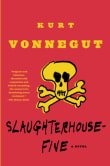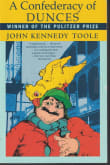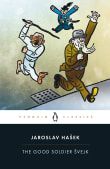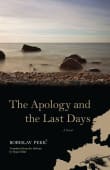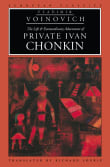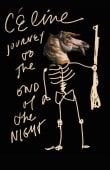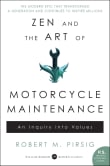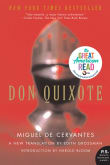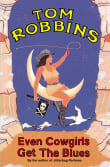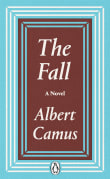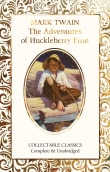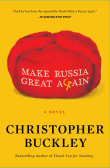Candide

Book description
Enriched Classics offer readers accessible editions of great works of literature enhanced by helpful notes and commentary. Each book includes educational tools alongside the text, enabling students and readers alike to gain a deeper and more developed understanding of the writer and their work.
A classic work of eighteenth century…
Why read it?
5 authors picked Candide as one of their favorite books. Why do they recommend it?

Candide is wonderful for many reasons, but above all because it is an equal opportunity parody.
Voltaire spares no one as he spoofs the usual suspects, such as religion, colonialism, and the nobility, but also the Enlightenment’s excessive optimism, philosophical speculation, and rationalism. Voltaire’s greatest setups are favored upon young Candide’s mentor, Dr. Pangloss who, in the face of every monstrous, absurd tragedy that befalls Candide, insists that all is well in this “best of all possible worlds.”
I also love that this crazy, tragic farce ends with a cautiously optimistic invitation to “cultivate our garden,” – to leave philosophical…
From Michael's list on satires for crazy times.

I was crazy about a girl who’d dated an English Lit professor.
She was (or at least seemed) very well-read and literary and used big words like “jejune” and “bedizened” and was always inserting Voltaire or T.S. Eliot into casual conversation.
I was an oafish illiterate by comparison, but fate stumbled in and dropped a tattered and stained copy of Candide in the parking lot a few feet from my Fiat 128. It wasn’t a thick book this time, but with it, I could now win her heart. It was wry, savage, wise, caustic, subtle, over-the-top, scathing, sublime, cynical, and…
From Tom's list on satires with one thing in common.

No book inspired me to write my own book more than Voltaire’s Candide, a biting critique (and simultaneous exaltation) of civilization in light of the technological and social changes of the Industrial Revolution. Voltaire’s story is (of course) absurd: it follows a young man named Candide as he progressively loses faith in humanity and transforms from a Leibnizian optimist to a proto-Schopenhauerian pessimist (as we age, many of us go through the same transformation). Neither Candide nor my book (if you will momentarily allow for such a vulgar equivocation) is a lightweight in terms of the philosophical content, either—even…
From V.G.'s list on for readers who want a story to challenge them.
If you love Candide...

A young man brought up to believe that all is well in the world travels across the globe and encounters cruelty, idiocy, folly, and nastiness of every kind. The arguments used by his mentor in optimism to explain away the ills of the planet are devious, absurd, and yet familiar even today. In the end, Candide, sobered by experience, gives up on philosophy altogether and settles down to look after his garden. This classic work nearly 300 years old remains a treasure of wit and wisdom—and will give you a hearty dose of laughter too.
From David's list on funniest stories ever translated into English.

Modernity arguably begins with the 17th-century Age of Reason and gets up to speed in the 18th-century Enlightenment, and no figure personified la siècle des lumières better than François-Marie Arouet de Voltaire. The eponymous hero of his most famous work stumbles from one hideous institution to the next, including a Portuguese Inquisition dispatching heretics as an “act of faith.” Stephen Sondheim’s “Auto-da-Fé (What a Day),” a gem among the many versions of Leonard Bernstein’s musical, captures Voltaire’s rollicking irreverence. (“When foreigners like this come/To criticize and spy/We chant a pax vobiscum/And hang the bastard high!”) Some critics feel the…
From James' list on thinking about modernity.
If you love Candide...
Want books like Candide?
Our community of 12,000+ authors has personally recommended 100 books like Candide.


